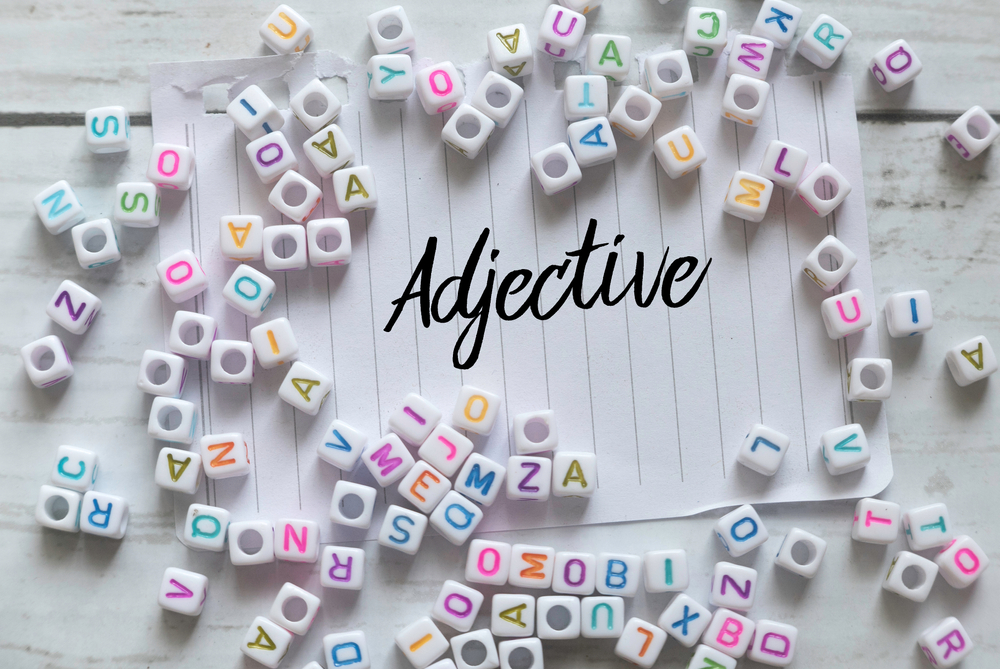Phonics practice Normal Reading Worksheets for Ages 4-9
5 filtered results
-
From - To
Enhance your child's reading skills with our Phonics Practice Normal Reading Worksheets, tailored for ages 4-9. These engaging worksheets from Kids Academy are designed to make learning phonics fun and effective, supporting young learners in mastering letter sounds, blends, and word formation. Each activity is crafted to build foundational skills through colorful, age-appropriate exercises that stimulate confidence and curiosity. Perfect for home or classroom use, our worksheets help children develop a strong phonics base essential for fluent reading. Jumpstart your little reader’s journey to success with our comprehensive phonics practice resources today!
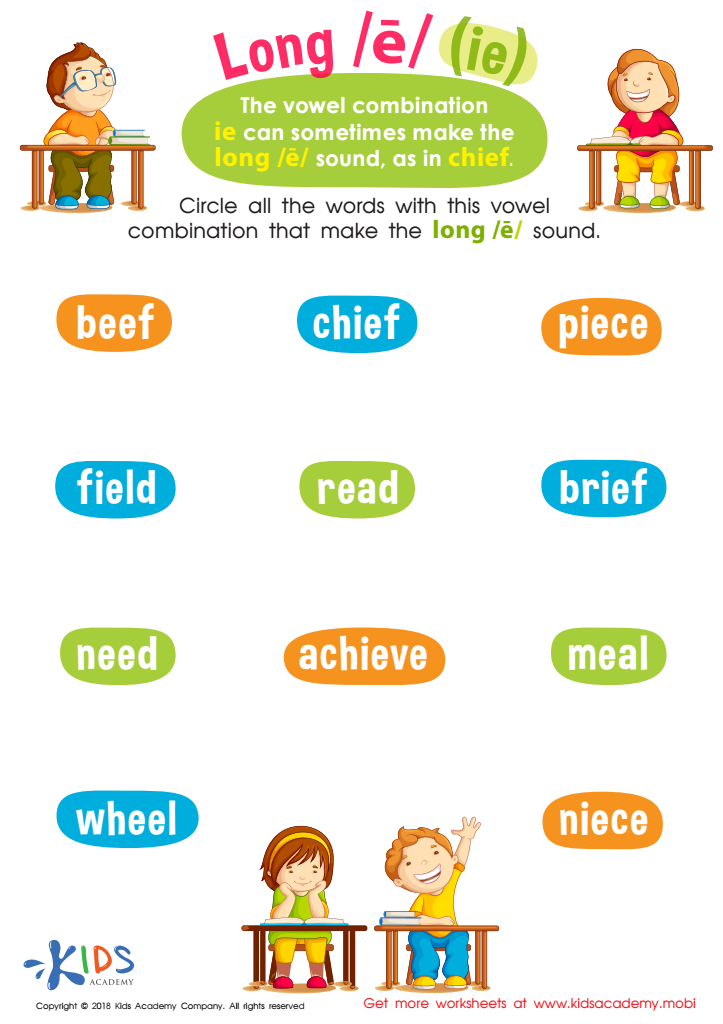

Reading: Long E and IE Worksheet


Short Vowel Eggs Worksheet
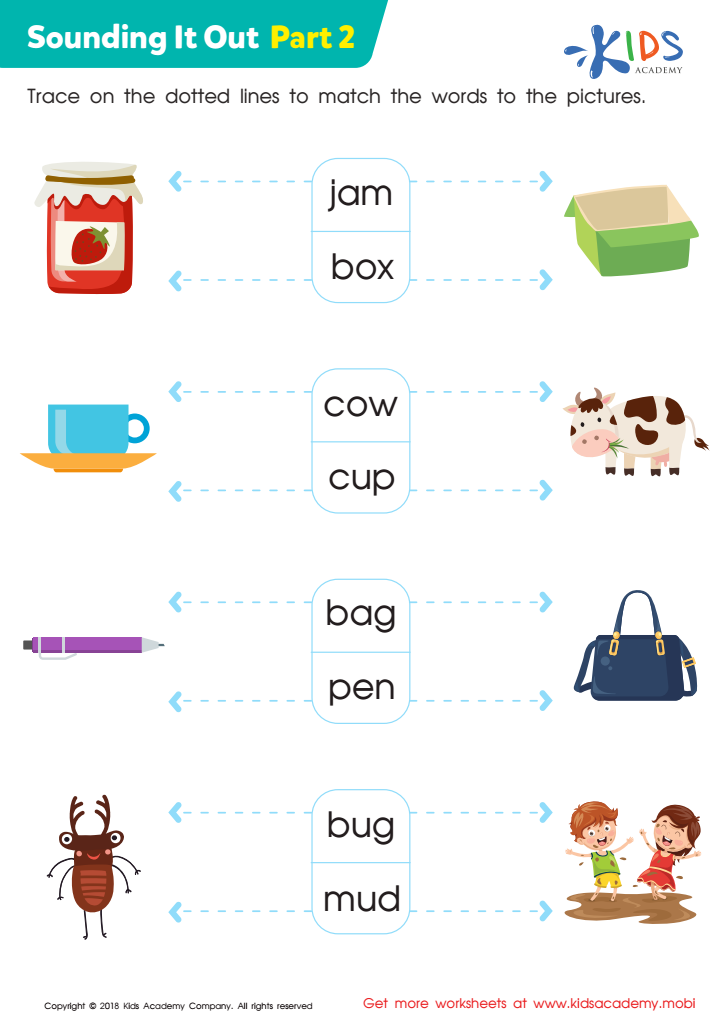

Sounding it Out: Part 2 Worksheet
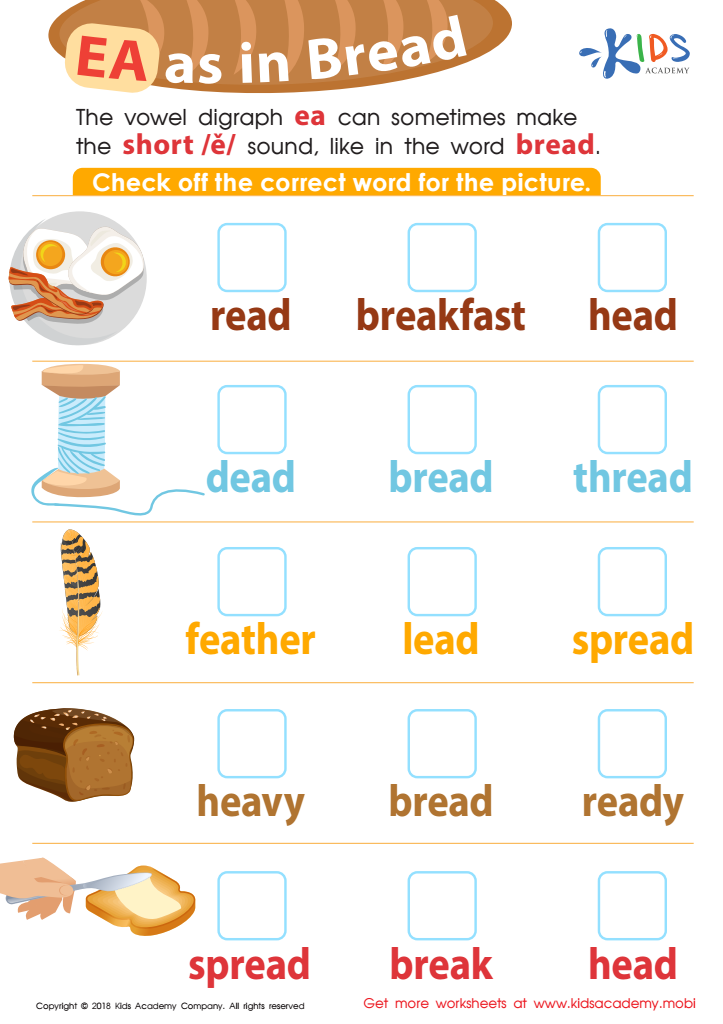

Reading: EA as in Bread Worksheet
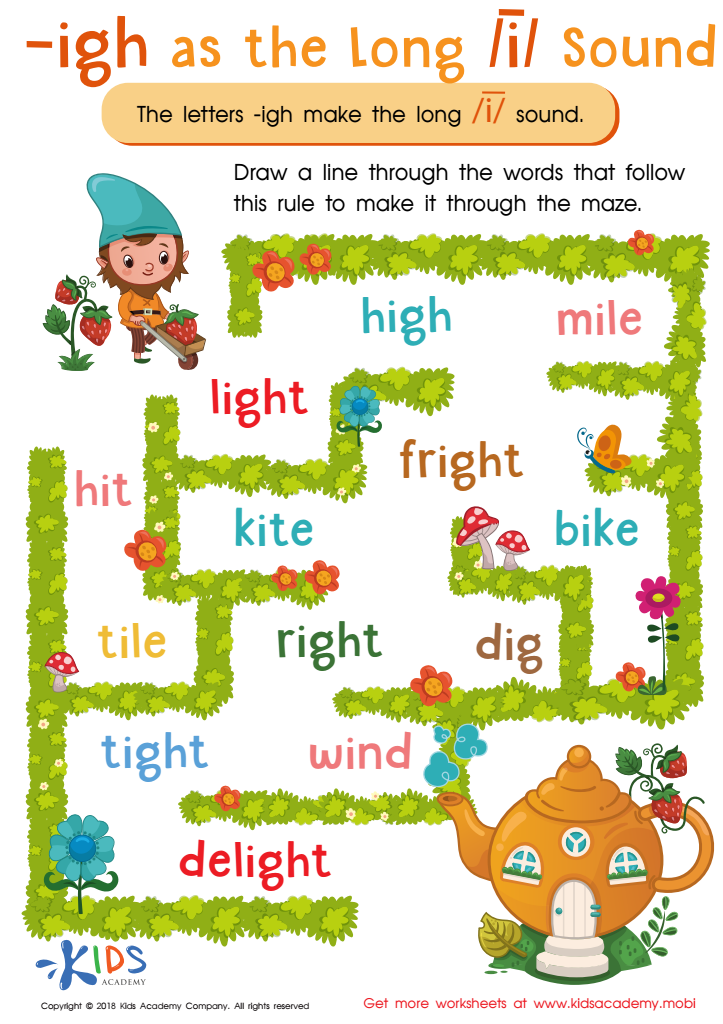

Reading: IGH as Long I Worksheet
Phonics practice is crucial for children ages 4-9 because it forms the foundation for reading and literacy. During these formative years, developing phonics skills, which involve understanding the relationship between letters and their sounds, directly impacts a child's ability to decode words and read proficiently. This competency is not only essential for academic success but also for effective communication throughout life.
Parents and teachers should care about phonics practice because it empowers children to read independently, enhancing their confidence and encouraging a love of reading. With solid phonics knowledge, children can tackle unfamiliar words, fostering stronger comprehension and broader vocabulary knowledge. As children progress, these skills contribute to improved writing abilities and overall academic performance.
Moreover, regular phonics practice addresses different learning styles and can be tailored to each child’s pace, making learning more personalized and effective. Early intervention through consistent phonics practice helps identify and support struggling readers, preventing future learning gaps.
Investing time in phonics practice ultimately lays a smooth path for lifelong learning. It provides the critical tools children need to navigate complex texts across subjects, engage with content meaningfully, and develop a deep understanding of the world around them. Therefore, phonics practice is a vital element in a child's educational journey that should be prioritized by both parents and teachers.
 Assign to My Students
Assign to My Students





